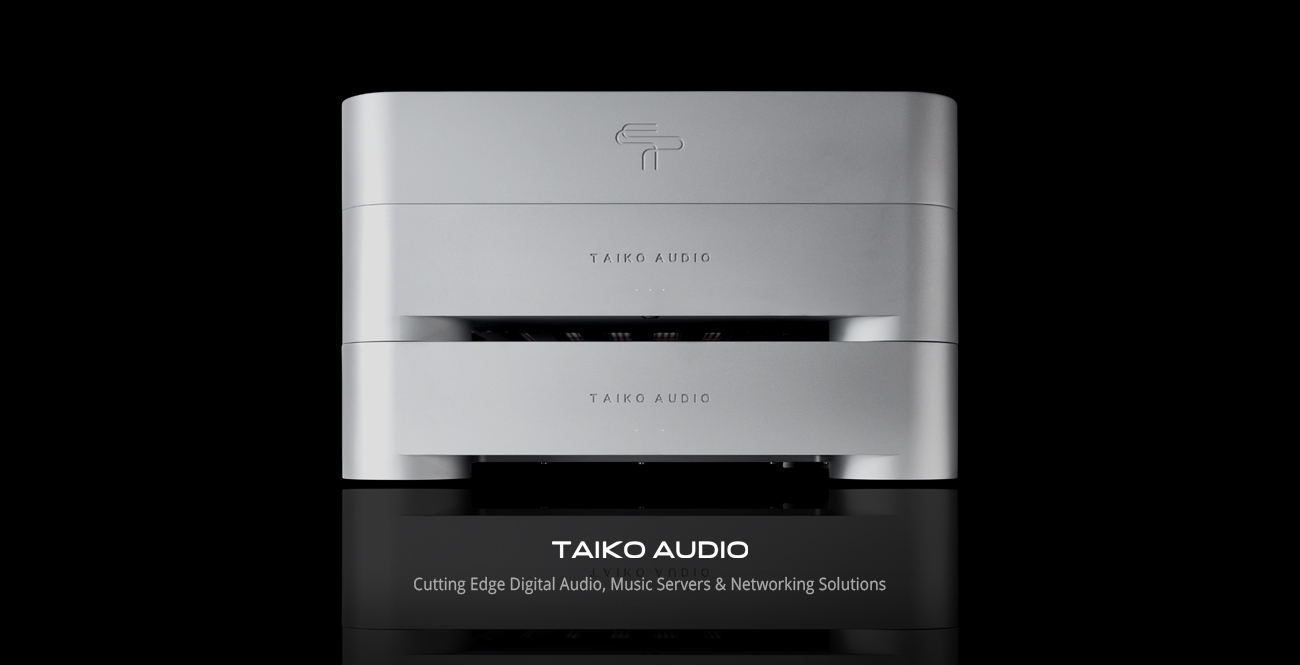@Taiko Audio
is anyone including an extreme in their digital source chain at CanJam2023 in NYC next saturday?
@all
anyone else here going on saturday?
DCS and Chord will both be there. I wonder if PGGB files will be playable in NYC?
is anyone including an extreme in their digital source chain at CanJam2023 in NYC next saturday?
@all
anyone else here going on saturday?
DCS and Chord will both be there. I wonder if PGGB files will be playable in NYC?
Last edited:





